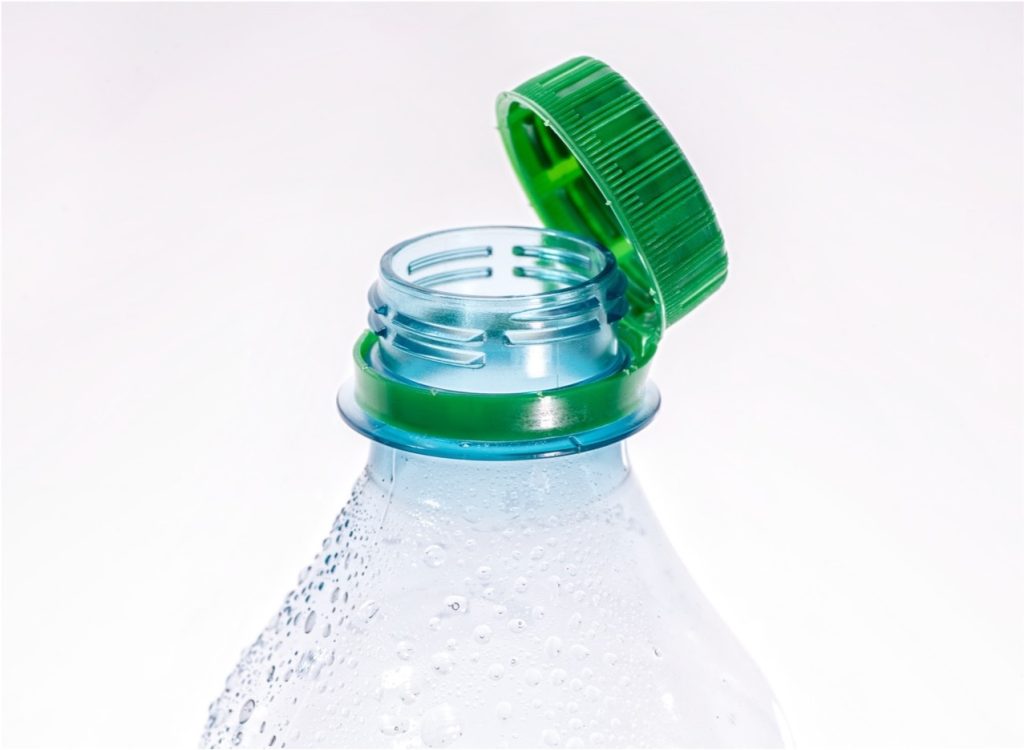As temperatures rise, two leading hydration experts are questioning the health claims made by the booming premium bottled water industry. Dr Nidia Rodriguez-Sanchez and Professor Stuart Galloway, from the University of Stirling, are calling for greater transparency, highlighting that many products make exaggerated claims not fully supported by scientific evidence.
The functional bottled water market is expected to reach $30 billion by 2032, driven by social media trends like #WaterTok and celebrity endorsements. Products marketed as offering enhanced hydration and various health benefits have gained popularity, with promises ranging from improved athletic performance to anti-ageing effects. However, the experts are urging consumers to look beyond the marketing hype.
Dr Rodriguez-Sanchez and Professor Galloway have analysed the science behind some of the most common claims made by bottled water brands and found that many are not as beneficial as advertised.
Debunking Popular Water Trends
Among the most promoted products are alkaline, electrolyte, and vitamin-enhanced waters. Alkaline water, for example, is often marketed as a remedy to neutralise acidity and prevent chronic diseases. However, Dr Rodriguez-Sanchez questions these claims, stating:
“Research shows that the body naturally regulates acidity through the liver and kidneys. Alkaline water is unlikely to make any real impact, as most products lack sufficient alkalinity.”
Electrolyte water, which claims to boost endurance and reduce fatigue, may be beneficial for athletes, but Professor Galloway warns that it is not necessary for everyone:
“Electrolytes are essential for hydration during or after intense physical activity, but for the average person, particularly those on a balanced diet, additional electrolytes may be unnecessary.”
Vitamin-enhanced waters also promise wellbeing benefits, but Dr Rodriguez-Sanchez notes that the vitamins included are often in small doses:
“These products may provide a slight boost, but they don’t significantly improve hydration. Consumers should also be wary of hidden sugars in some brands.”
Informed Choices and Simplicity
As the summer heats up, the experts urge consumers to prioritise evidence-based decisions when it comes to hydration. Filtered or tap water, they argue, remains the best choice for most people. Professor Galloway advises:
“Rather than spending money on trendy bottled water, maintain a balanced diet, stay hydrated with regular water, and engage in physical activity to support overall health.”
Dr Rodriguez-Sanchez and Professor Galloway also call on the bottled water industry to adopt more transparent marketing practices. They suggest that companies focus on providing accurate, science-backed information to consumers, rather than promoting expensive products based on misleading claims.
The experts recommend consulting a doctor if consumers have specific health concerns, and they encourage the public to educate themselves on hydration needs. The University of Stirling has launched an online Hydration Quiz to help people make informed choices.
Professor Galloway concluded:
“In the quest for good health, simplicity is key. Drinking regular water and maintaining a healthy lifestyle is often the most effective strategy.”
For more on the science behind bottled water claims, visit the University of Stirling’s website.

